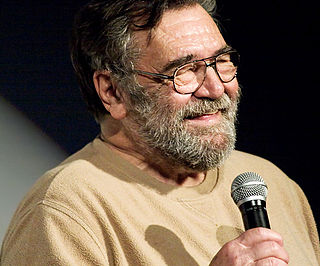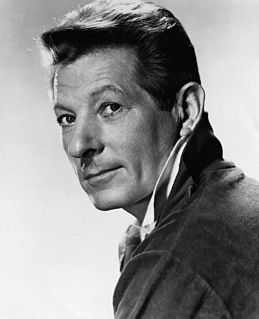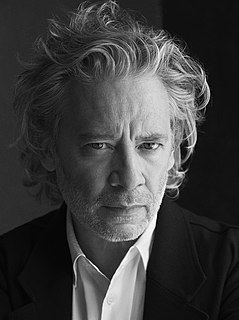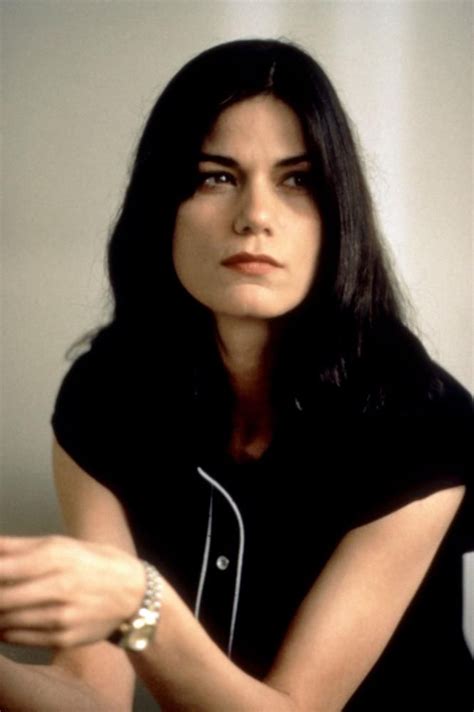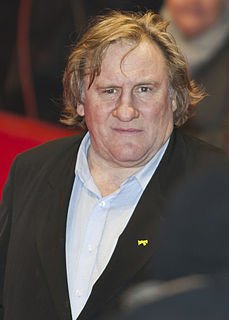A Quote by Ralph Bakshi
My good films were independent and my bad films were not.
Quote Topics
Related Quotes
Richard Donner made great movies. Seminal movies. The Academy, though, and we have to be careful here, should recognize popular films. Popular films are what make it all work. There was a time when popular movies were commercial movies, and they were good movies, and they had to be good movies. There was no segregation between good independent films and popular movies.
Yes, a lot of European cinema and a lot of independent films and art-house stuff. She is a photographer. She is a visual artist and photographer and my dad is, too. My mum, I must credit for showing me good films. With my career, my parents were great and though they were a little wary, maybe, of the acting ambitions they have always been supportive.
The films that I loved growing up were the science fiction films from the late seventies and early eighties [films], which were more about the people and how they are affected by the environments that they are in. Whether they are sort of futuristic or alien of whatever they are; that was the science fiction that I loved. So that is what we tried to make, the sort of film that felt like those old films.
